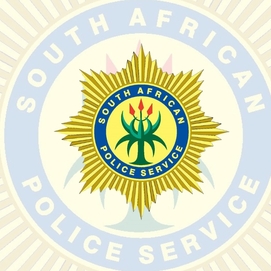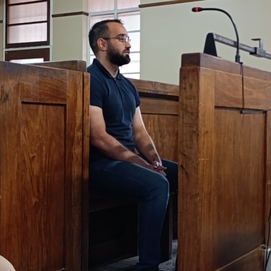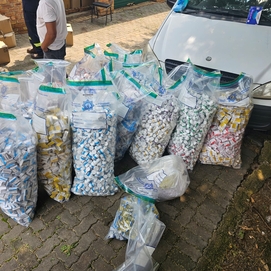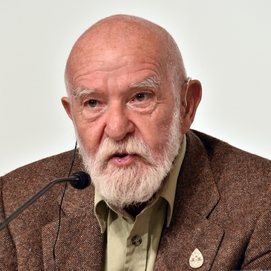The South African Human Rights Commission (SAHRC) has expressed its deep concern over the number of complaints that it continues to receive in respect of the arrest of adults who smoke cannabis in private, especially possessors and cultivators of cannabis, particularly within the Rastafarian community.
The commission has now written to the National Police Commissioner, Lieutenant General Fannie Masemola, to remind him of the decriminalisation of the private use, possession and cultivation of cannabis by adults, in terms of Minister of Justice and Constitutional Development v Prince 2018 (6) SA 393 (CC), since 18 September 2018.
The provision of the legalisation thereof, in terms of the Cannabis for Private Purposes Act 7 of 2024, which was assented to on 28 May 2024 and published in the Government Gazette on 3 June 2024, and the moratorium placed on such arrests made by members of the South African Police Services (SAPS), since 23 August 2023, through a directive issued by the National Commissioner for SAPS entitled, ‘Arrests by the South African Police Service for Cannabis – Related Matters’.
The SAPS directive recognises that neither legislation nor regulations prescribe the quantity of cannabis in the possession of, or cultivated by, an adult that may be presumed to be dealing in cannabis, which is still unlawful.
Therefore, as things stand, this directive directs that adults may not be arrested on the presumption of dealing with cannabis either.
Therefore, the Commission urges the Department of Justice and Constitutional Development to draft regulations for the Cannabis for Private Purposes Act in consultation with the Rastafari and other cannabis-using communities and advise on a specific commencement date for the Act, which has yet to come into effect.
The SAHRC also said that just making assumptions that a person is a cannabis dealer is inconsistent with both the law and national operational directives.
Such arrests and/or prosecutions could lead to human rights violations being perpetrated by law enforcement.












